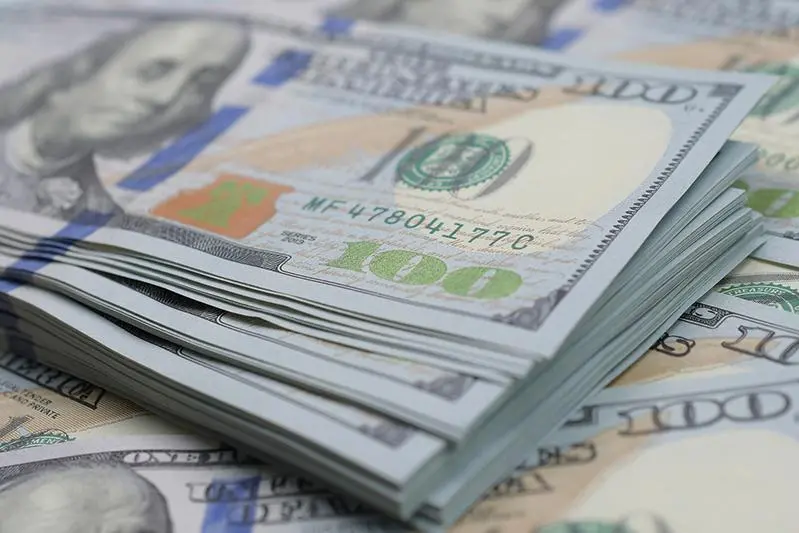PHOTO
The World Bank has committed $120 million (Ksh19.1 billion at current exchange rates) to fund Kenya’s vaccine production facility, which is expected to start operations in 2029.
Health Principal Secretary (PS) Harry Kimutai disclosed the funding when he accompanied the World Bank Vice President for Human Development Mamta Murthi on her tour of the facility in Embakasi in Nairobi on Wednesday.
Kenya BioVax Institute is setting up the facility and it is expected to release the first batch of the locally packaged (filling and packaging imported vaccines) critical commodity for health in the next five years.
Read: Kenya-tested malaria jab gets WHO approvalThe facility will have two filling lines, which the agency says will have the capacity to meet Kenya’s annual vaccine demand forecast at 16 million and expected to hit 25 million vaccines on account of a growing population.“World Bank is giving us $120 million for this facility. They are one of the biggest supporters of our journey to vaccine production,” said Mr Kimutai.
The PS did not disclose the type of funding, though the billions further cement the World Bank’s position as a key financier of Kenya’s development agenda with the projects spread across different sectors from health, roads, and energy.
The World Bank supports development projects through loans and grants, offering advisory or technical support to build the capacities of the concerned agencies.“We are happy that Kenya is moving forward in actualising its dream of vaccine production and is using the right strategy of a phased approach,” said Ms Murthi during the visit.“We are happy to partner and support Kenya in the development of vaccines and the market, both locally and at regional level.”The facility will see Kenya keep pace with South Africa and Senegal is locally producing vaccines for both local and regional markets.
World Bank’s funding is critical to helping set up the facility and help Kenya avoid a potential crisis in the looming exit of the country’s main vaccine donor and immunisation financier, the Global Alliance for Vaccines and Immunisation (Gavi).
Read: How prepared is Kenya as GAVI plans exit?Gavi extended the support by two years to 2029 from the initial deadline of 2027, a move that is meant to allow Kenya Biovax Institute to build its capacity to start locally formulating and increasing volumes of imported vaccines, ready for use.
Kenya spends an estimated Ksh36 billion ($225 million) every year on immunisation with Gavi and Unicef footing 88 percent or Ksh27 billion ($168.8 million) while the Exchequer provides the rest.
Health experts have warned that Kenya needs to fast-track the facility to ensure that Kenya is not plunged into a crisis in the supply of vaccines by the time Gavi exits. © Copyright 2022 Nation Media Group. All Rights Reserved. Provided by SyndiGate Media Inc. (Syndigate.info).




















